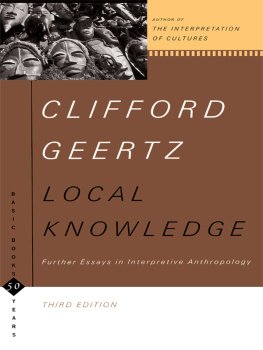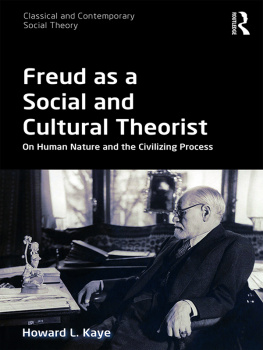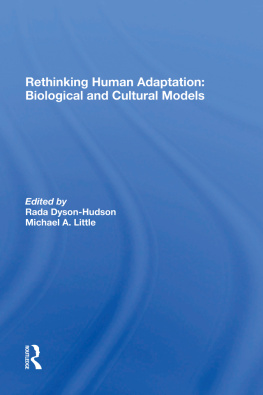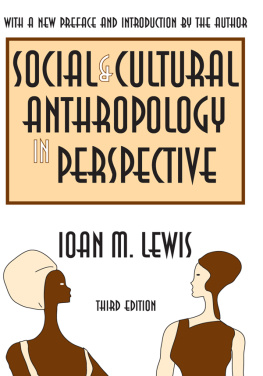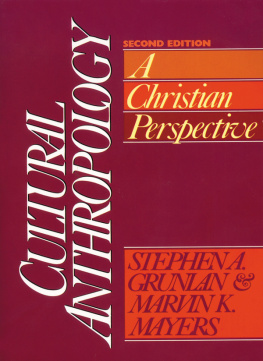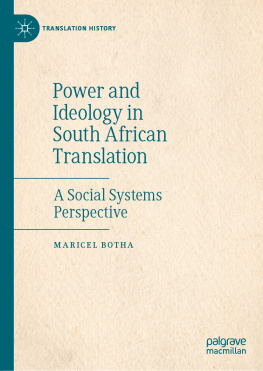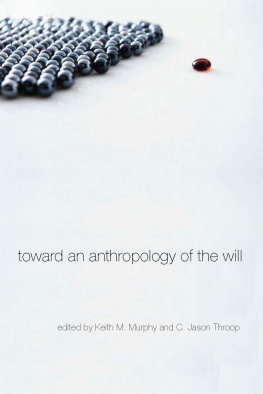Geertz, Clifford.
Local knowledge.
Includes bibliographical references and index.
1. EthnologyAddresses, essays, lectures. I. Title.
GN316.G43 1983 306 8370754
ISBN 0-465-04158-2 (cloth)
ISBN 0-465-04162-0 ISBN-13: 978-0-465-04162-6 (paper)
eBook ISBN: 9780786723751
Copyright 1983 by Basic Books, Inc.
Preface to the 2000 edition copyright 2000 by Basic Books,
A Member of the Perseus Books Group
Printed in the United States of America
Designed by Vincent Torre
Je demande dans quel genre est cette pice? Dans le genre comique? il ny a pas le mot pour lire. Dans le genre tragique? la terreur, la commisration et les autres grandes passions ny sont point excites. Cependant il y a de lintrt; et il y en aura, sans ridicule que fasse rire, sans danger que fasse frmir, dans toute composition dramatique o le sujet sera important, o le pote prendra le ton que nous avons dans les affaires srieuses, et o laction savancera par le perplexit et par les embarras. Or, il me semble que ces actions tant les plus communes de la vie, le genre que les aura pour objet doit tre le plus utile et le plus tendu. Jappellerai ce genre le genre srieux.
Preface to the 2000 Edition
It is hard to decide which is the more difficult task: starting a line of thought, or sustaining one. As anyone who has tried to publish a sequel, produce a spin-off, or get money from a foundation for extending a going enterprise rather than for launching a cutting edge project knows, the infinite grandeur of beginnings gives a force to new departures not available to adjuncts and continuations. It may be better the second time around, but is certainly isnt easier.
Local Knowledge, with its rather limp promise of further essays, was clearly a pushing on from established positions. Published an exact ten years after my The Interpretation of Cultures announced a concern with webs of meaning, thick description, and deep play, the confusion of tongues, and the said of social discourse, it was neither a rerun nor a new departure; it was an attempt to make good on some broad and incautious claims. Having called various sorts of spirits from the vasty deep, I thought it necessary to show that at least some of them had come.
As I was unable to deliver on everything advertised in my initial promotiona not uncommon failing in the human sciencesI gathered, in this follow-up volume, only such of my writings that seemed to bear in one fashion or another on the question of the cultural frames of knowing, on, as I put it in one of my subtitles, the ethnography of thought. Pieces on Social Thought (the refiguration of), Moral Imagination (the social history of), and Anthropological Understanding (the nature of) were followed by ones on Common-sense, Art, and Authority as culturally constructed conceptual systems, on the contemporary styles of la pensee academique, and finally and most extensively, on the forms and variations of legal reasoning east and west, professional and popular, forensic and jurisprudential. The general philosophical cast of my project, in itself and empirical not a speculative enterprise, thus became more marked and apparent. Or, perhaps, it only became more uncertain: le perplexity and les embarras of Diderots genre srieux invoked in my ironical epigraph, were fairly well displayed. As with any science (and, against all the protests of Materialists, Realists, Positivists, Critical Rationalists, and, more recently, crazed Hyper-textualists, I regard my work as some sort of science), the deeper you get in, the odder things begin to look. Whatever we are moving toward, it is not omega, an asymptote, or a theory of everything.
But if Everything In General is out of reach, and likely to stay there, not everything in particular is. The repeating theme that emerges from these miscellaneous further essays, and which constitutes amid their miscellany their common aim and subject, has to do with that most ancient, most obsessive, and, as usually framed, most misleading of epistemological concerns: the relation between abstract and concrete knowledge. Generalizations and cases, laws and instances, universals and particulars, knowings-that and knowings-how, synoptic visions and immediate observations, the world around here and the world overallerklren and verstehensavoir and connatre explanation and understandingare normally opposed to one another as last analysis metaphilosophical choices, once made, forever in place; fatalities of reason. Here, however, they are regarded as cooked up and concocted interpretive styles, meaning-seeking strategies to be used when usable, to be ignored when not: ways in which, to one end or another, thought is composed, sense made.
The notion that the surer grasp of unshapely and incongruent, even unique, particulars is as proper an aim of science as the abstractive formulation of exceptionless regularitiesand is, often enough, more illuminating as wellhas grown steadily more acceptable over the last quarter century as rationalism stumbled, positivism evaporated, and the prism face of Newton (the image is Wordsworths) faded from view. The notion that all knowledge aspires to the condition of mathematical physics, or, even less plausibly, to diagrammatic economics, lacks the air of simple obviousness that it had even a few short years ago. Everything, from the philosophical reconsideration of the nature of natural law to the spread of perspectival, observer-dependent explanation, has strengthened the claims of case-based knowledge to scientific standing. Heaven in a grain of sand is no longer just a pantheistic trope.
It is, however, still a trope, and one, in fact, I have abused before to put off difficult questions. Whatever its suggestive power, multum-in-parvo imagery leaves the central issue rhetorically glossed over: how does one move among (across, over, amid, through, between) cases, instances, and granular observations to broader, more elevatedheavenly is too much to expectperceptions? If anthropologists, to bring the matter directly home, are not to be mere peddlers of singularitiesoddities, astonishments, and not-in-the-south exceptions to received opinionsthey must contrive to place such singularities in an informing proximity, connect them in such a way as to cause them to cast light on one another. Contextualization is the name of the game.
This is how Local Knowledge (the book) is to be read, how it was intended to be read: as a series of demonstrations of the explanatory power of setting sui generis phenomena in echoing connection. Whether it be a Balinese widow burning, a Moroccan family name, a Navajo hermaphrodite, a Yoruba carving, an Elizabethan pageant, or a Muslim legal procedure, the effort is to preserve the individuality of things and enfold them in larger worlds of sense at the same time. Doubtless, method is undeveloped, technique crude, and success uneven. But it is the sort of thing one can get better at doing, given opportunity to practice. We learn, a poet once said, though he could as well have been an anthropologist, by going where we have to go.
Clifford Geertz
Princeton
August 1999
Local Knowledge

